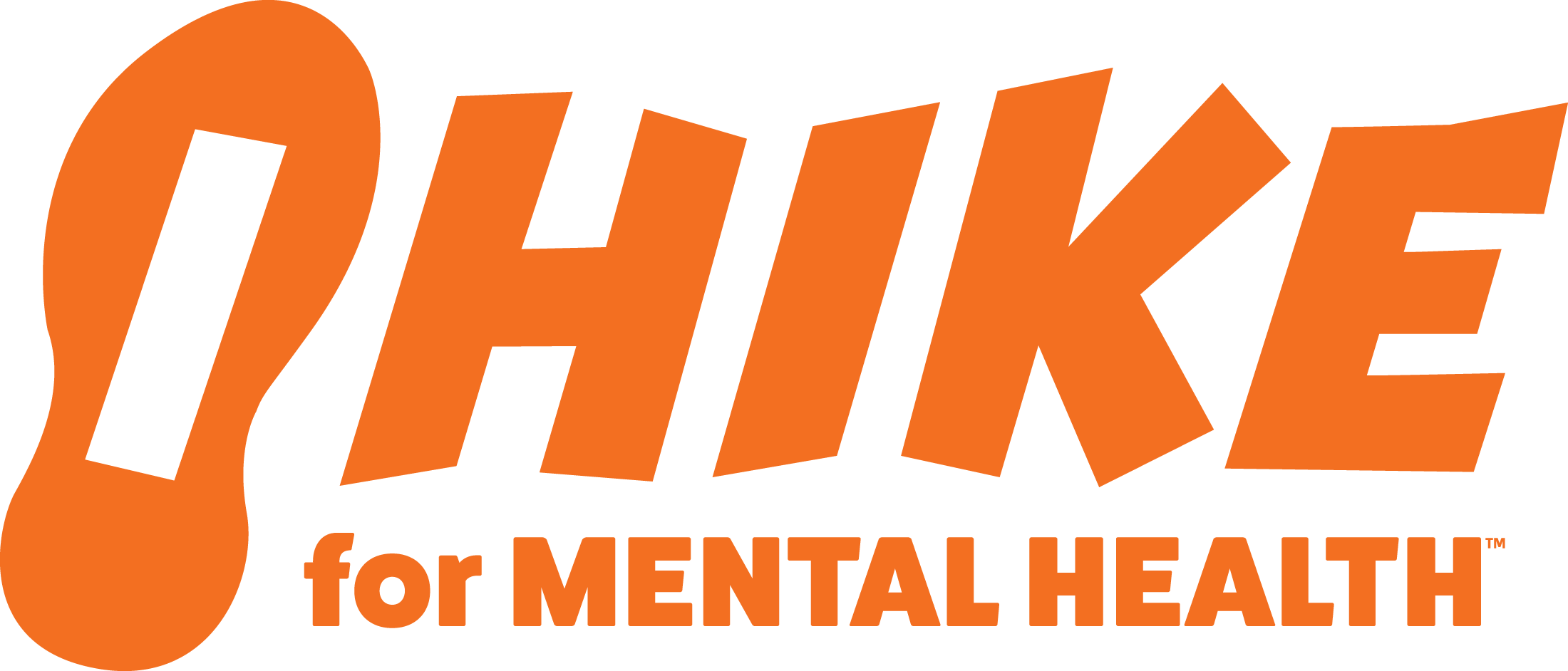Suicide Prevention: Awareness
Welcome back to day two of this special edition of the HIKE for Mental Health blog. As we continue our discussion around the difficult topic of suicide, today is all about awareness. It’s important to know the signs to look for in those you care about and love AND it’s also important to know what steps to take to provide help.
Know the signs!
Suicide is complex, but there are signs you can look for to know if a friend, spouse, or loved one is struggling. Here are some of the most common signs:
- Talk of wanting to die (even if it’s passive, it should always be taken seriously)
- Looking for or researching ways to die
- Withdrawing and isolating from friends and family.
- Extreme changes in appetite and sleep patterns
- Perceived burdensomeness.
- Feelings of hopelessness & helplessness
- Extreme changes in personality
- Extreme increases in irritability, agitation, and risk-taking behaviors
- Saying good-bye to friends and family; giving their favorite possessions away
- Becoming increasingly calm, especially after exhibiting several of the previous signs
How you can help
- Assume you are the only person who knows.
- Embrace the awkward and just ask, “Are you having any thoughts about not wanting to live anymore?” Is there a plan? If so, is it detailed, well thought out, or is the person in immediate danger? If so, take action by calling 911. Help keep them safe by restricting access to potential means (remove or lock up firearms, prescription and over the counter drugs, and sharp objects just to name a few).
- If there’s no immediate danger, continue your caring connection and be persistent about getting them into contact with a doctor or a local mental health/ counseling agency. If you can, go with them to their appointment.
- Ask them about their reasons for living. TALK SAVES LIVES!
- Be there for them. Be compassionate. Take the time to LISTEN in a supportive manner and DO NOT minimize the person’s emotional/psychological pain. This is not the time to try and convince them that everything is going to be okay or that it’s not that bad.
- Help them identify others who can be there for them, too. CONNECTION with others CAN HELP SAVE LIVES.
- DO NOT commit to keeping this a secret. If you are a CHILD/TEEN and someone reveals they are struggling with thoughts about death, dying, or they have a plan to end their life TELL AN ADULT!
- Call the national suicide prevention lifeline (1-800-273-8255) or your local crisis/mental health center with the individual.
- Follow up afterwards. After you’ve connected your loved one to the appropriate resource make sure to reach back out to them. Send a text.
It can be hard to hear that someone you love is suffering. And you might even feel like you’re not the right person to have this conversation with your loved one. You don’t have to be a professional mental health counselor to have a caring connection with someone. Your job is to be there for your loved one and support them in getting into contact with a professional. It can be stressful for you. Make sure you have the support of family and friends, too.
If you are reading this and struggling with your own thoughts of suicide, please know you aren’t alone and there is hope and help available to you. You can text TALK to 741-741 or call 1-800-273-8255 to get help (En español: 1-888-628-9454).


There is also an online chat option available at:
https://suicidepreventionlifeline.org/

1-866-488-7386
You can also text START to 678-678
There is also an online chat option available at:
https://www.thetrevorproject.org/get-help-now/

Text TALK to 741-741

1-877-565-8860
https://translifeline.org/hotline/


There is also an online chat option available at:
https://www.veteranscrisisline.net/get-help/text
